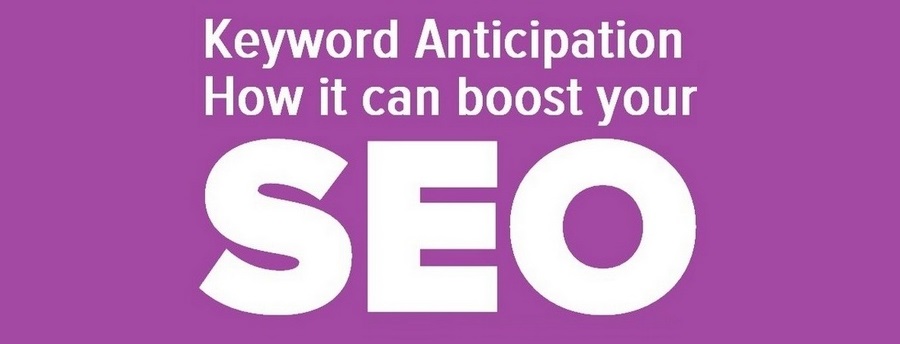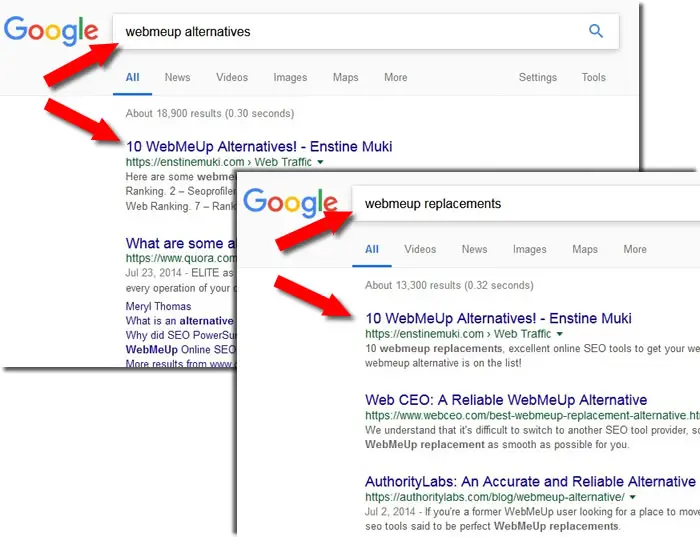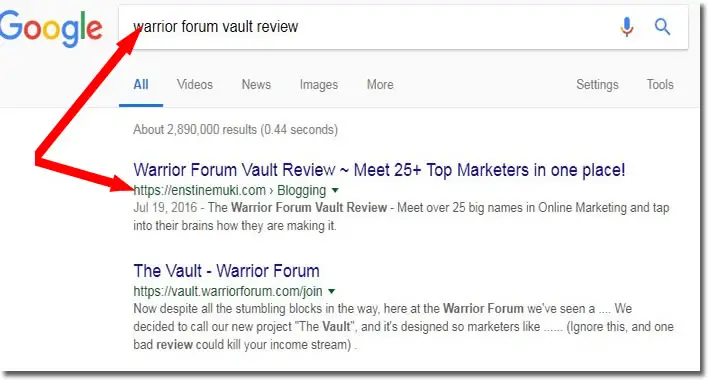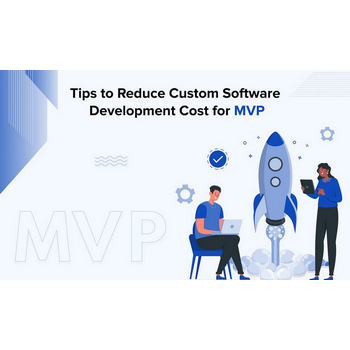QUESTION – Do you know the difference between keyword anticipation and keyword research?
In this complex and constantly changing world of Search Engine Optimization (SEO), “keywords” has been taking the lead. Everything seems to be revolving around keyword research.
Though keyword research is still an important phase of SEO, I will be talking more about keyword anticipation, which is something you may be hearing for your first time.
I will be sharing my experiences with you how this has given me leadership position on SERP for some money making keywords and helped grow my blogging income.
But before we get to that exciting moment, in order to help your understanding, let’s quickly touch on some basic keyword research points.

Keyword Research
This is everything that’s done in order to know what searchers key in search engines and what exactly they want. Keyword research isn’t easy at all.
For the most part, it’s the beginning of your content SEO strategy.
There are a couple of things that come to mind when doing keyword research:
- Research Tools (Web-based or desktop)
- Keyword Popularity
- Keyword Difficulty
- Competition
- Geo-location
- etc
The success of your SEO starts with the tools you use.
While Google Keyword Planner seems to be the most widely used free tool, Neil Patel’s Ubersuggest is seriously gaining weight.
Throughout my past SEO experience, the best research tools I have used have been premium tools.
I worked with LongTail Pro for most of my niche sites. A couple of months ago, I found out ahrefs is an industry leader.
There are generally two approaches to Keyword Research:
- Pick a seed keyword and allow the software to scan and bring out long tail alternatives.
- Analyse your competitors and come up with the list of keywords they rank for.
All of these are put together to help you know what people are looking for so you should try to provide for them and earn something in return.
But what are people searching for?
This question seems stupid.
But everything SEO tries to provide is geared around the answer for to the question. Searchers are out for information.
That’s the only thing, everyone, using Google search or other search engines is looking for.
They want information that will help them in the next step they take:
- Buying an item
- Signing up for a platform
- Traveling
- Downloading and printing a document
- Connecting with someone
- Calling someone on the phone
- Etc
Every step people take online, they want information to help them take the right decisions.
That’s why they want help from search engines to get the best and most accurate information.
People don’t want to make mistakes.
- They don’t want to travel to the wrong places.
- They don’t want to hire the wrong guy.
- They don’t want to buy the low-quality product.
- Etc
That’s why they are looking for the best SEO firm, the best WordPress hosting, the best this and that, etc.
Keyword research for bloggers
Recent changes in search engines are beginning to cause some discrepancies between SEO experts.
While Neil Patel thinks bloggers should skip keyword research, John VanDerLaan sharing some 10 SEO tips for bloggers on my blog thinks that not adequately focusing on it is the biggest mistake new bloggers make.
-> I want you to tell us in the comment box below what you think about this.
Now you understand why people search. Let’s go to the next phase of this post.
Do you know the difference between keyword anticipation and keyword research?.Click To TweetKeyword Anticipation
One of the ways to establish your business online and dominate search result pages is to anticipate keywords.
If you understand human behavior and why folks search online, you can take advantage of events, predict keywords, create awesome content and establish yourself as a leader.
Keyword research is about looking to the past, using existing search data to produce content for the future.
On the other hand, keyword anticipation is about current events and the impact on human behavior – how people react to the events.
You don’t need software to dominate search results with proper keyword anticipation strategy.
You are only required to be current.
I’m going to use two examples on my blog to demonstrate how Keyword prediction worked for me and put me ahead of my competitor.
Keyword anticipation case studies
A few years back, WebMeUp, SEO company decided to quit the business.
WebMeUp used to be an excellent SEO tool loved by its users.
So the information about shutting down the company transmitted some waves of disappointment across the board.
The news got to me earlier because I had collaborated with the company.
My keyword anticipation antenna got alerted.
Something immediately occurred to me. I knew that users were going to be looking for alternatives.
So I was smart and I anticipated 2 keywords:
- WebMeUp alternatives
- WebMeUp replacement
Both competition and volume for the two keywords were absolutely zero. No one else had thoughts to create content around this.
I did so quickly!
Why this was going to be a huge content idea, it also became a money making post idea.
I created an article that generated $1000 within the next week of publishing the content.
My post was quickly picked and ranked by Google:

The article I created is still sitting on position #1 for both keywords. Since then, competition has grown.
But I’m still the leader. We will discuss how to maintain your leadership position shortly.
How did I monetize?
I had two ways in mind to monetize this blog post:
- Link to the alternatives on my affiliate links. So I only made sure I listed options that were excellent, with affiliate programs
- I started the post with just 4 alternatives. Given the huge SEO traffic I got for that post alone immediately after the bad news from users, I knew a couple others were going to scramble to be on the post. This was exactly what happened. I got them contacting me to be listed on the post. That wasn’t free for sure.
Let’s take another example…
Most of us in the Internet marketing niche know about the popular Warrior forum.
There came a moment when they added a section called The Vault. This was meant to bring users closer to some chosen experts.
While the team was still setting up the platform, I was contacted to be one of the Vault Influencers.
Not only was that a piece of good news to me, I took that advantage to predict a buying keyword and do a quick Warrior forum Vault review posts.
The results was a quick grab of position #1 on Google page #1 from the very first-day platform went live.

Keyword anticipation is not a big deal.
There are 3 simple steps to get going:
- Understand the events (product launch, company closure, etc).
- Understand people concerned and foresee their reactions to the events.
- Use their vocabularies and build new search terms.
As a matter of fact, it’s easy to predict keywords from product or company names. You simply use the name plus some commonly searched terms. Let’s take a few examples:
- “Product name” alternatives
- “Product name” tutorials
- “Product name” replacement
- “Product name” review (like when a new product is being launched)
- “Product or company name” scam
- Is “Product or company name” scam
- “Event name” ticket sales
- Etc.
Maintaining the leadership position
It’s one thing to hit the sweet spot on Search Engine Result Page. It’s another thing to stick to that spot despite growing competition.
Keyword prediction was what took you to the leading position. But your competitors are going to use keyword research to discover and try to bring you down.
But how do you maintain your leadership position? Here are some useful suggestions:
- Drive more engagement to the ranked article.
- Get more social shares (Facebook Likes, Twitter tweets, Google Plus, etc)
- Get more backlinks to the ranked articles. You can do this through guest posting, blog commenting on commentLuv blogs, forum posting, etc
- Do more Internal linking to the ranked article.
- Constantly tweak the ranked article and add new content to it.
- Use elements that will increase dwell time and reduce bounce rates
- Tweak your ranked article title and meta description to increase SERP CTR
- Tweak your ranked content introduction to get the best and kill the logo-sticking effect
- Etc
Note that the tougher the competition, the more your job to maintain that position. It’s easier to rank well with keyword anticipation and easier to drop off.
How to be ahead in keyword prediction
The only difficult point I have found in keyword anticipation strategy is being able to get the information before it goes public. However, if you are an active community member, you will always be informed when a company is coming up with a new product.
If you are invited as a beta tester on a platform, don’t only test. Predict product based keywords and produce content beforehand. Most software developers are looking for objective users to have a sneak peek at their products before final release. This is a sweet opportunity to hit the market and drive SEO traffic to your blog.
![How to be ahead in keyword prediction #keywordanticipation #keywordprediction #keywordresearch Keyword Anticipation Vs Keyword Research. How can it boost your SEO [Guide]](https://cdn-0.infobunny.com/wp-content/uploads/2018/06/keyword-anticipation-vs-keyword-research-pinterest.jpg)
Conclusion
And that is how I use Keyword Anticipation and keyword research to dominate search engines and pull targeted natural traffic.
Let me know what you think.
Have you used keyword prediction before?
What were your results?
Drop me a comment below!
Regards Enstine
RELATED ARTICLES
WordPress SEO Guide 2018
Mobile SEO Guide 2018 – The Ultimate Guide
- 6 tips to Increase Productivity as digital entrepreneurs and bloggers! - January 14, 2020
- Creative ways to promote a product with blogging! - December 11, 2019
- Keyword Anticipation Vs Keyword Research. How can it boost your SEO [Guide] - June 30, 2018
![Keyword Anticipation Vs Keyword Research. How can it boost your SEO [Guide]](https://cdn-0.infobunny.com/wp-content/uploads/2018/06/keyword-prediction-300x300-1.jpg)











Bluetechno
Great article. Very informative and easy to understand for everyone. I just write an article randomly without using keywords or any techniques mentioned above but for my next article I will follow all these steps written by Enstine Muki.
Enstine Muki
Hi,
Thanks for the comment and good luck. Keywords in your article (intent oriented) will help you rank better.
Dexter Roona
This is a great post, I just checked Google and it ranks page 1 no1 for keyword anticipation and it was only published 30 mins ago so great job.
Its all about user intent and reacting quickly to events as they happen.
Dexter Roona recently posted…Yoast SEO issue – Are you affected by this SEO problem?
Enstine Muki
Your blog rocks, Dexter!
A little effort to confirm this leadership position through building and backlinks will work.
You rock, man.
Dexter Roona
Yes, need to do some related linking from other Infobunny articles that will help. And now for the moment lots of social media to generate some comments and linkbacks.
I like your keyword anticipation technique -)
Enstine Muki
Awesome!
Together we can make this post the talking point of what may soon become an exciting SEO Keyword technique. I will be pushing it too from my end.
Happy weekend. You rock
Dexter Roona
I would be interested in a follow-up post on advanced techniques to predict and anticipate keywords. I have been using keyword prediction to some degree subliminally but not really labeled it. There is an example in my CommentLuv link but I was a bit late with this example. A better example is my Wakelet Guide.
I’m wondering if you could use something like Google Alerts to get a heads up but you would still have the problem of what you setting an alert for and once you get the alert have you not missed the key period to write and get the traction on Google.
What do you think?
Dexter Roona recently posted…StumbleUpon is closing down and moving to Mix – Here is your Mix getting started guide
Enstine Muki
Yeah, people have used the technique a lot. I was just smart to label it.
If you have to wait for the event to go to Google first, trust me you’ll be late.
Dexter Roona
Yes that was the conclusion that I came to. I guess a lot of the success of predicting keywords is just to consider what the user intent will be when they hear of an event and then being first to the punch. It’s a small window to act on.
Janice Wald
Hi Dexter,
I never heard of keyword anticipation. You’re right. I anticipate, then I research. Off to tweet!
Janice
Dexter Roona
Credit to Enstine for this.
Enstine Muki
Hey Janice,
Thanks for the comment and the tweet.
It’s a good thing to publish on Dexter’s blog here and I’m glad he was kind enough to allow me post.
His blog’s SEO status is perfectly green. This post was indexed and ranked top on Google position #1 within 30 mins of going live. Awesome stuff and we are bent on making this phrase grow big.
Happy Sunday you both
Hazel Jarrett
Great info Enstine – I’ll definitely be looking more closely at keyword anticipation when writing future articles. Thank you for sharing.
Enstine Muki
Hey Hazel,
Thanks for the comment. I’m sure you are going to find some successes with this.
Do have a wonderful week
Enstine Muki recently posted…American Consumer Panels Review – Legit or Scam Company (BBB)?
Nancy E. Head
You have a great deal of information here–but you’ve made it easy to understand. Thanks for simplifying it. I like that you also gave two sides–this guy says this, but that guy says that.
Enstine Muki
Thanks for the comment, Nancy
Qasim
Hi Enstine,
One of the best articles I have read about Keyword research and Anticipation. Very practical explanation of Keyword Anticipation. In fact, I came to know about Keyword anticipation in one of your blog posts.
As you mentioned that Keyword research looks for historical data about a specific keyword and most of the time requires time and competition with better-positioned sites.
Keyword Anticipation looks a very good strategy especially for new blogs like mine. You can get all the traffic in the initial days if you become involved early, it is better to be proactive vs reactive.
Thanks for sharing.
marketing services Edmonton
Websites now are not just for entertainment purposes. It also serves as an extension for your business and a way to communicate with your potential market.
Moss Clement
Interesting post, Enstine and good to see you here on Dexter’s space. Your article is amazing, and the fact that keyword anticipation is new to me makes it a lot more interesting. I believe that if one can successfully find product keywords based on user intent the SEO campaign will be a great success. We need more posts like this Enstine.
Adrian Crisostomo
You’re not wrong when you said that this might be the first time i’m hearing the term keyword anticipation because it is. It seems like keyword anticipation is tricky and takes a lot of time compared to keyword research. From what I understood from your post, its about getting ahead of the competition. When every one is writing about it because they saw it is a good keyword, you already wrote about that and is ahead of others.
I think keyword anticipation is helpful for niche-related website but I think its also a risk. You need to have a good smell on the latest news and happenings as if you are a journalist. I would love to try this out.
holyheartschools
Thanks for the awesome post, this is must to be a blogger
MC KARMA
Great article on keyword planner.You have a great deal of information here–but you’ve made it easy to understand.
Flor Dimassi
Thanks for sharing valuable information with us.
This blog will really help every digital marketer at a beginner level!